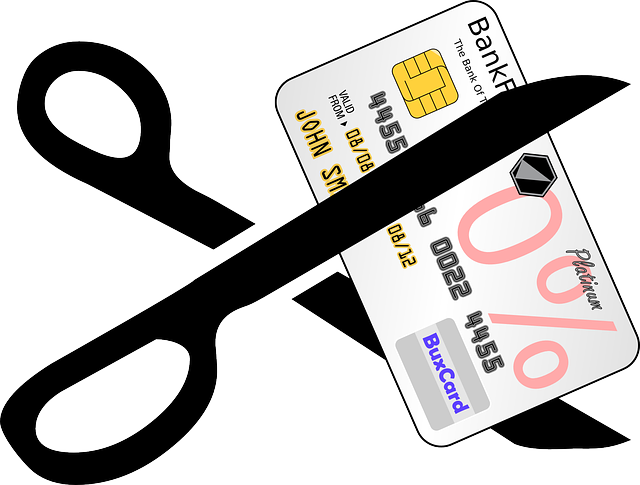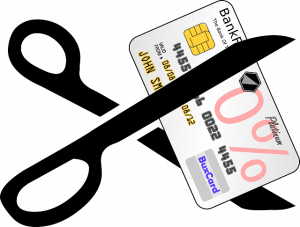
Is Debt Consolidation Right for Your Small Business?
 How much debt does your small business have? Research shows that the average U.S. small business has nearly $200,000 of debt. Debt, of course, is one of the most common financing methods for small and large businesses alike. Many entrepreneurs use loans, lines of credit or credit cards to get their businesses up and running. All of this debt, however, can restrict their cash flow and hinder their growth.
How much debt does your small business have? Research shows that the average U.S. small business has nearly $200,000 of debt. Debt, of course, is one of the most common financing methods for small and large businesses alike. Many entrepreneurs use loans, lines of credit or credit cards to get their businesses up and running. All of this debt, however, can restrict their cash flow and hinder their growth.
If your small business is drowning in debt, you might be wondering whether debt consolidation is a smart choice. Debt consolidation involves the use of one form of debt to pay off other forms of debt. There are debt consolidation loans. You can apply for a debt consolidation loan, and assuming you’re approved, you can use it to pay off some or all of your small business’s debt. So, is debt consolidation right for your business?
Advantages of Debt Consolidation
You can save money on interest with debt consolidation. Lower interest fees, in fact, is probably the most common reason small business owners consolidate their debt. Most debt consolidation loans have lower interest rates than traditional business loans. You can pay off other loans with a debt consolidation loan, leaving you only with the latter. And because debt consolidation loans have lower interest rates, you’ll save money on interest fees.
With debt consolidation, you won’t have as many payments to make each month. Debt consolidation is the process of paying off multiple forms of debt using a new, consolidation-based form of debt. If you have two lines of credit and a business loan, for example, you can use a debt consolidation loan to pay them off. Rather than making three payments each month, you’ll only have to make a single payment: the payment for the debt consolidation loan.
Disadvantages of Debt Consolidation
Debt consolidation has its drawbacks as well. Some lenders require collateral. Debt consolidation loans are often “secure” using collateral. When you apply for a debt consolidation loan, the lender will ask for collateral. You may struggle to get approved unless you have sufficient collateral with which to guarantee the debt consolidation loan.
You should consider the long-term costs associated with debt consolidation. If you have to extend a debt consolidation loan, for example, the lender may hit you with fees that take a toll on your small business’s finances.
Have anything else that you’d like to add? Let us know in the comments section below!
